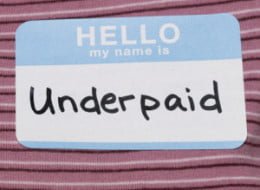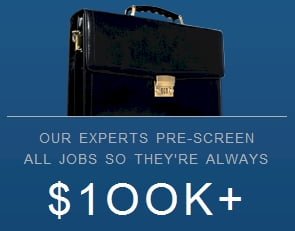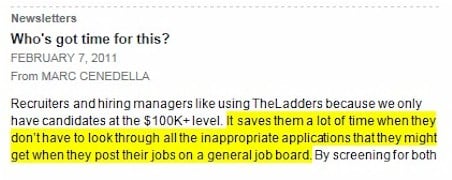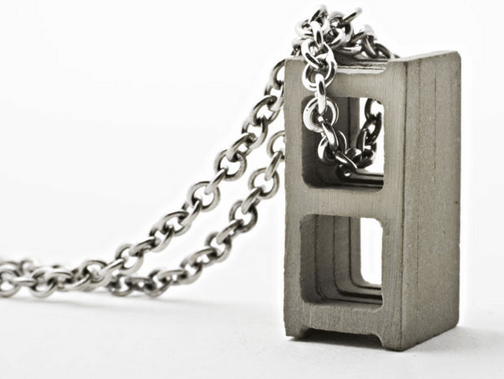In the April 22, 2014 Ask The Headhunter Newsletter, a reader wants to ask an employer tough questions… and just can’t seem to get answers:
I’ve done my research on the company, and the interview went well, but there are some things that I just couldn’t get information about, even in the interview. I want to know just how long the average individual stays in this particular job before moving up, as well as what other opportunities could be expected in the future. Also, who are the people I would be working with? How good are they? What kinds of tools and support would I have? Finally, I am a little vague on what the salary level might be.
My question: Is it okay to ask these questions in the interview? Thanks for your help.
Nick’s Reply
 I’ll go you one better: Don’t accept this job until you get your answers. Your questions are excellent, especially those about the people connected to the job. (See It’s the people, Stupid.) If the answers are unsatisfactory, these are deal-breakers.
I’ll go you one better: Don’t accept this job until you get your answers. Your questions are excellent, especially those about the people connected to the job. (See It’s the people, Stupid.) If the answers are unsatisfactory, these are deal-breakers.
Many applicants are afraid to ask questions that seem “forward” in the job interview. I don’t know where this hesitation comes from. Perhaps it’s part of a deeper feeling that the job candidate is some sort of supplicant whom the employer steps down from heaven to talk to.
“You dare to ask The Great Oz…?”
Your questions are not only reasonable, they are very important. If the interviewer can’t answer them, ask to talk with someone who can. If the company won’t make any effort to answer you, you need to reconsider whether you want to work there.
Here’s another make-or-break question to ask the employer, after an offer has been made to you: “May I see the complete benefits package so I can study it along with the rest of your kind offer?” Many employers will decline to share the benefits details. Find out Why companies hide the benefits.
Don’t be shy. Interviewing is a two-way street. They want to know a lot about you, and you need to know a lot about them. Interview them. Don’t lower your expectations because they own the job. Remember that you own the solution to their problems.
Part of my work as a headhunter involves preparing a candidate to interview the employer effectively. I’ve found that good employers don’t react well to a candidate who just sits and answers questions. A good candidate probes for information, too. A good candidate expects candor and full disclosure.
- Be polite and diplomatic, but also be bold and assertive.
- Get answers to every reasonable question you have, or don’t take the job.
What’s a reasonable question? It’s one that, if left unanswered, might lead you to reject an offer. If you’re left feeling uncertain about something now, it’s going to be much worse once you’re on the job. Trust your gut: Get answers to every question that matters.
What’s the best time to ask your questions? Before, during, and after the interview. I’m not trying to be cute. It’s a judgment call. You wield the most power after you receive an offer and before you accept it. It’s really the only time you have great control in the interview process. That’s a good time to call the manager and explain that there’s some additional information you need. Can they meet with you briefly one more time? If they decline, that suggests a lot about how they may treat you later. (Is it possible they’ll be offended and rescind the offer? Sure, though I think it’s very unlikely. But, what would that tell you?)
A final note: Make sure you’re talking with the person you’re going to be reporting to. While the personnel department can answer questions about benefits, company policy, and the like, you’re not going to be interacting daily with the personnel staff once you’re hired. Your key questions are about the work, and it’s the boss who can tell you what you need to know — if you ask. And don’t be afraid to ask, ever.
If something is a make-or-break issue, it’s better to get answers before you accept the job. The best employers will be happy to share the information you need.
(If you need more detailed help assessing an employer, see “Due diligence: Don’t take a job without it” in Fearless Job Hunting, Book 8: Play Hardball After The Interview, and “How do I ensure the job offer matches the job?” in Fearless Job Hunting, Book 9: Be The Master Of Job Offers.)
What tough questions do you ask employers? Has an employer ever refused to answer? Are there questions that are off limits for job applicants? I’d love to hear from employers, too.
: :



















